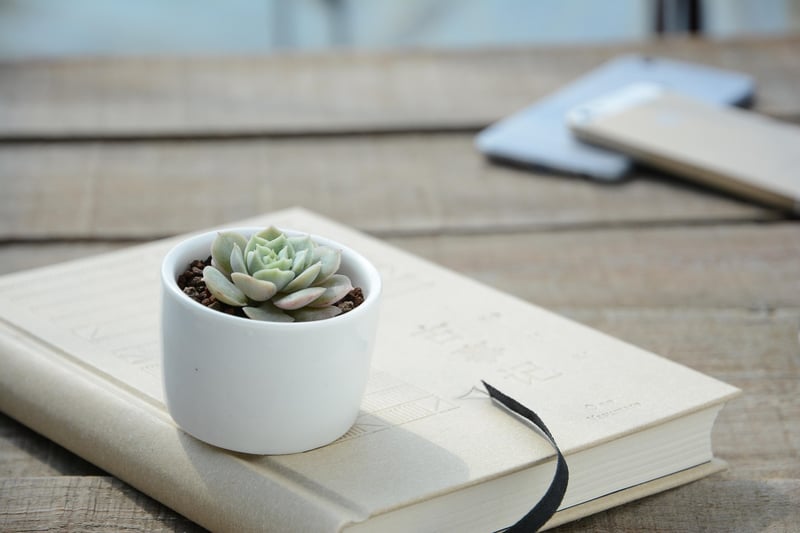Low-Light Tolerant Plants
Ensuring Your Plants Get the Right Light + Low-Light Tolerant Plants
The Importance of Light for Plants
Light is essential for plants as it plays a crucial role in the process of photosynthesis, where they convert light energy into chemical energy to fuel growth. Different plants have varying light requirements, so it's important to understand the needs of your specific plants to ensure they thrive.
Types of Light
There are three main types of light that plants need:
- Direct sunlight: Ideal for plants that require full sun exposure, typically at least 6 hours of direct sunlight per day.
- Indirect sunlight: Suitable for plants that prefer bright, filtered light or partial shade.
- Low light: Perfect for plants that thrive in minimal light conditions, such as those found in shaded areas.
Assessing Light Levels
To determine the light levels in your home, consider the following:
- Observe the sunlight patterns in different rooms throughout the day.
- Check for any obstructions that may block light, such as curtains or buildings.
- Use a light meter to measure the intensity of light in various locations.
Low-Light Tolerant Plants
For spaces with limited natural light, consider these low-light tolerant plants:
- Snake Plant (Sansevieria): Known for its air-purifying qualities and ability to thrive in low light.
- ZZ Plant (Zamioculcas zamiifolia): Requires minimal light and water, making it perfect for beginners.
- Pothos (Epipremnum aureum): Adaptable to various light conditions and easy to care for.
Conclusion
By understanding the light requirements of your plants and selecting the right species for your space, you can create a thriving indoor garden that brings beauty and benefits to your home.

Remember, proper light exposure is key to the health and growth of your plants, so take the time to assess your home's lighting conditions and choose plants that will flourish in those environments.
Happy gardening!
